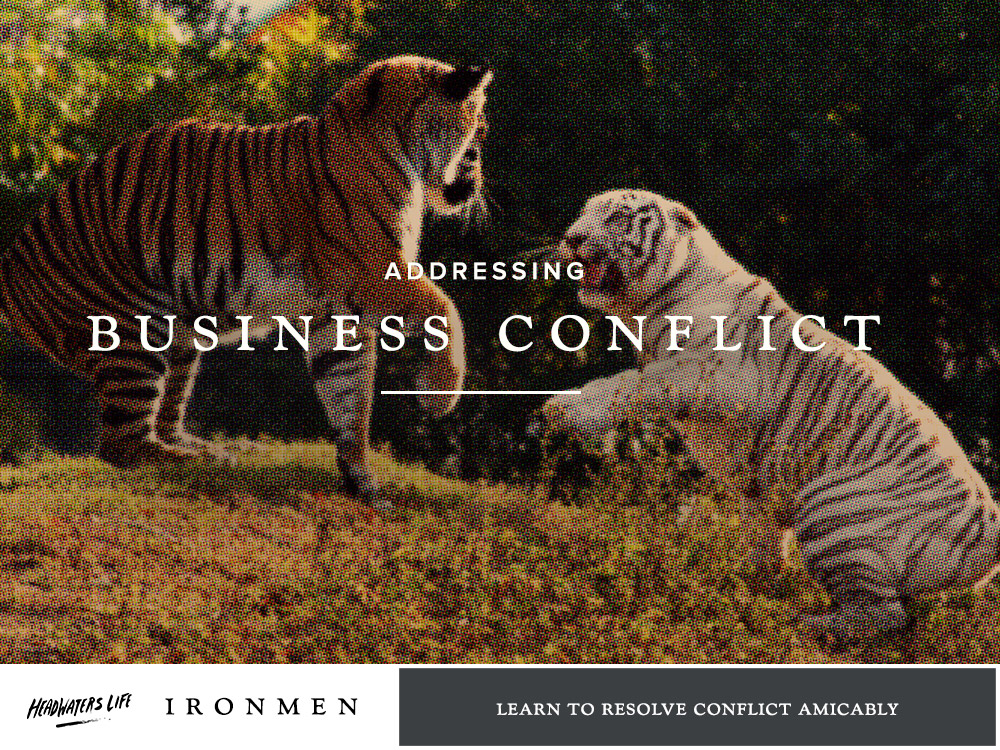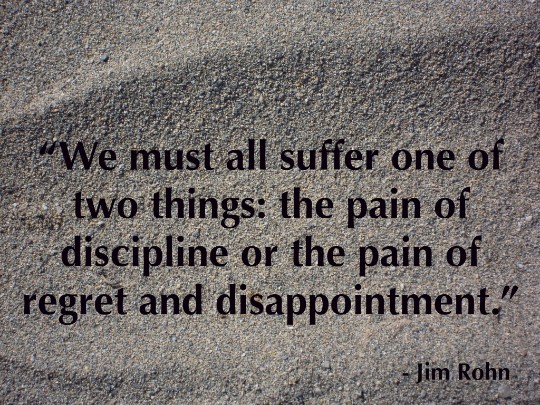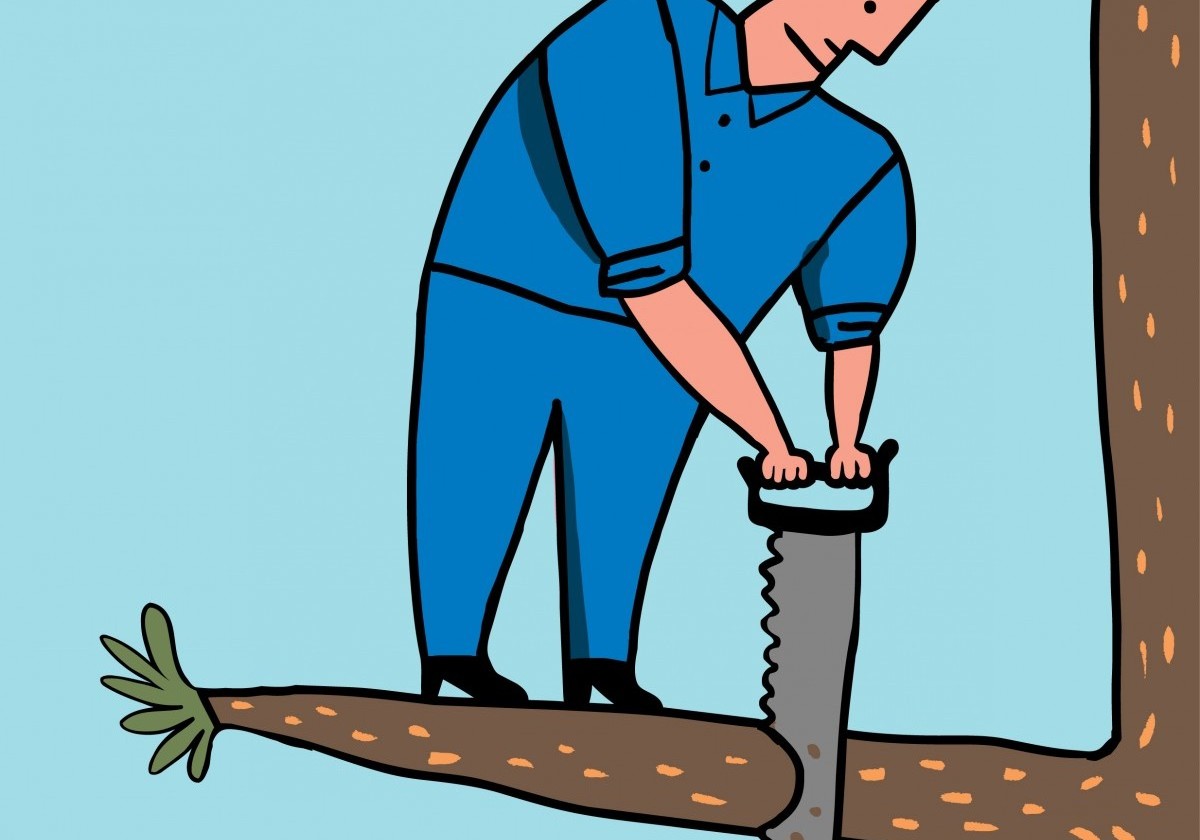Obstacle to Success
Do people change?
This is an unresolvable age-old question on the nature of man – Can a person change the essence of who he is or is he just fulfilling his already existing potential, for good or bad, large or small? As a coach and mentor to many a young man, this isn’t an idle question. In my lifelong epistemological search for practical meaning and here in this penultimate chapter on 2018 goals (BOOM! – I just used epistemological and penultimate in the same sentence! Now me go back to small wordses), it’s a question we must confront – Can I change my trajectory?
Can people change? Yes. It is possible to make significant change to a disposition that has been set from childhood. There are 2 times in one’s life when change to one’s fundamental nature is easier – 1) as a young man out of adolescence embarking on establishing an independent existence; or 2) after a long period where errors in judgment have compounded into crisis and change is mandatory.
This letter is entitled Obstacle to Success and I’m talking about change because the clear fact is that your mindset is by far the greatest obstacle to your success and happiness. That statement is not an indictment against you of course, but is the reality mankind faces. We must figure ourselves out, learn to consistently be our own advocate, harness our mental, physical, spiritual, and social strengths in order to achieve our personal degree of well being. But you may say, “Davo, that may have been you, and I can see other guys whose thinking is weak, but I’m doing pretty well. To be candid, I’ve got it going on.” Indeed. Errors in judgment is an intractable dilemma. For some, after many years with a closely held belief of “being on track” do errors in judgment come to crisis. You can fool yourself for a long time in thinking that today’s casual effort won’t come to crisis, that there’s time yet tomorrow to get motivated to clean out your habit closet, that these small hidden frailties of drinking or porn or excessive use of smartphone won’t compound into a crisis down the road. Yes, you could be fooling yourself somewhere in some way.
Look at it this way – you leave adolescence at around 25 when your brain roughly finishes its physical development. Up till then your view of reality is 2-dimensional. As your life becomes more 4 dimensional, your mind develops in complexity (or vice versa) and you become more set in your ways. Think of a sapling tree that can be trained to grow according to external stimuli. The more it grows, the less it’s able to change its essential structure. Errors in judgment become set as you get older. Therefore, before those become calcified negative habits, as a young man you are most empowered now to set a path that will lead to power and well-being. Ignorance and arrogance are every man’s Scylla and Charybdis (Boom!).
Ok, today’s letter was a bit preachy, sorry. (Not sorry). Even the optimal path of your development is strewn with rocks on which you can easily trip without awareness. I know the dangers first hand of drifting along with smug certainty. This series is designed to make 2018 a powerful year for you. You must intend to stoke the engine (Motivation), that drives towards a direction (Goals), and develops a pattern (Habits) that manifest well being in your life. In the last Letter on this series, I’ll talk on Overcoming Obstacles to Success.
A sapling tree does not grow fruit. Only after years of development will that tree manifest fruit that represents the intention of the Gardener. Only then will you know.
To your spiritual path,
Dave Marr
Get an encouraging letter each week to provoke your thinking.
Every Friday you'll get a short reflection on life intended to get you to think about things a little differently.
Subscribe to Ironmen









